As your teeth chip, become damaged or need replacement, you may start looking at your options. Some possibilities you can consider for correcting your teeth is to use either veneers or dental implants. There are major differences between these two, and often you won't be able to have much of a choice, so let's look at what they have to offer and which one you should use in certain situations.
Tooth Replacement
If your teeth need to be replaced, whether it is one, a couple, or all of them, then dental implants are your only option. You cannot use veneers for this purpose. That's because dental implants actually take the place of the tooth, and veneers only cover a portion of the tooth. For a veneer to work properly, there has to be at least some of the tooth still in place.
So if a tooth is missing or needs to be taken out and replaced with something else, a veneer simply won't be an option. A dental implant requires that a hole be drilled into the bone and a metal fastener be placed there This fastener holds the false tooth in place. This can create a tooth replacement that lasts for as long as 15 years or more. With proper care, you may never need to repair or replace a dental implant. Best of all, practically no one will be able to tell that you have a dental implant because they look so much like your natural teeth.
Tooth Repair
If your tooth becomes chipped, suffers damage or looks stained, you may be able to use a veneer to cover it up and restore proper function to the tooth. This works a lot like a crown, as it goes over or in front of the tooth that is already there. It will require that you have a tooth in place though, as it needs that support to be able to do its job properly.
A veneer is made of a thin ceramic material, and it is not as durable as a dental implant. That means it won't last as long, and many, with proper care, only last about ten years. Thankfully, veneers are a lot easier to replace and won't require as much expense or time.
You probably would not want to replace an entire tooth just because a small portion of it is damaged. A dental implant just would not make sense in this case, as it would mean getting rid of healthy tooth materials and digging out the tooth by the root. A veneer is a much better option for damaged teeth, unless the damage is extensive.
Your dental professional will recommend the best option for you, but, of course, it is up to you to decide what you want to do. Know that in most cases, your dental insurance won't cover either the dental implant or the veneer. Some will, but these are not procedures generally covered under standard dental insurance.
Sources and References
-
[1]
Long term clinical performance of 10 871 dental implants with up to 22 years of follow-up: A cohort study in 4247 patientsClinical Oral Implants Researchhttps://pmc.ncbi.nlm.nih.gov/articles/PMC8359846/
-
[2]
How far can we go? A 20-year meta-analysis of dental implant survival ratesClinical Oral Investigationshttps://pubmed.ncbi.nlm.nih.gov/39305362/
-
[3]
Survival Rates for Porcelain Laminate Veneers: A Systematic ReviewInternational Journal of Prosthodonticshttps://pmc.ncbi.nlm.nih.gov/articles/PMC8184312/
-
[4]
Long-Term Survival and Complication Rates of Porcelain Laminate Veneers in Clinical Studies: A Systematic ReviewJournal of Prosthodonticshttps://pmc.ncbi.nlm.nih.gov/articles/PMC7961608/
-
[5]
The Success of Dental Veneers According To Preparation Design and Material TypeJournal of Prosthodonticshttps://www.ncbi.nlm.nih.gov/pmc/articles/PMC6311473/
All sources accessed and verified on . Medical information reviewed for accuracy and compliance with current guidelines.
Related Articles

All-On-4 Dental Implants – Costs and Information
Comprehensive guide to All-on-4 dental implants, including the procedure, success rates, costs, healing process, and how this treatment replaces a full arch of teeth

Alternatives to Dental Implants
Comprehensive guide to dental implant alternatives including fixed bridges, resin-bonded bridges, partial dentures, and complete dentures with cost comparisons

Are Dental Implants Covered by Insurance?
Comprehensive guide to dental implant insurance coverage, what plans typically cover, alternative payment options, and important information about the dental implant procedure
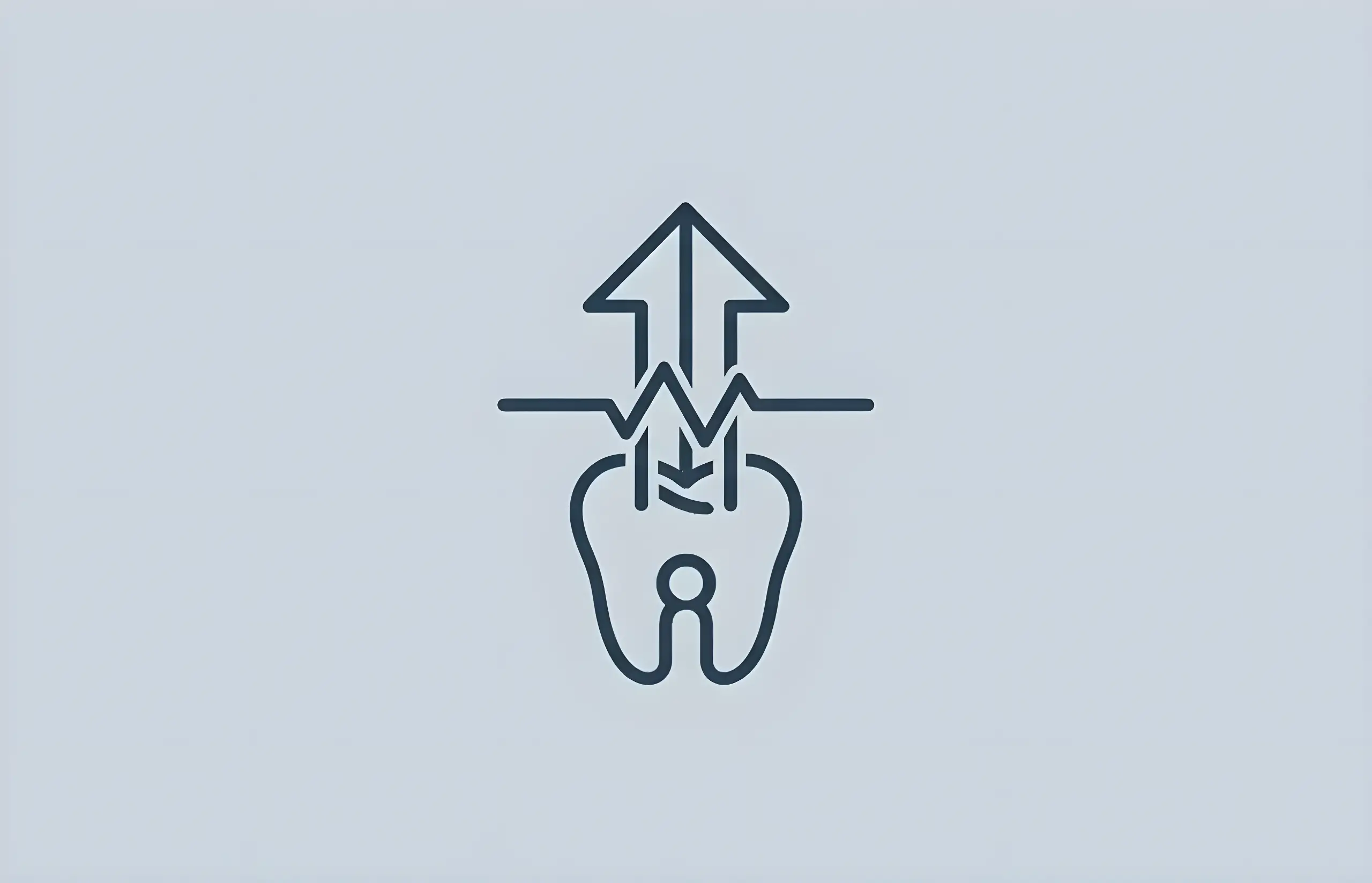
Are Dental Implants Painful?
Comprehensive guide to dental implant pain, including what to expect during surgery, post-operative recovery, pain management, and healing timeline
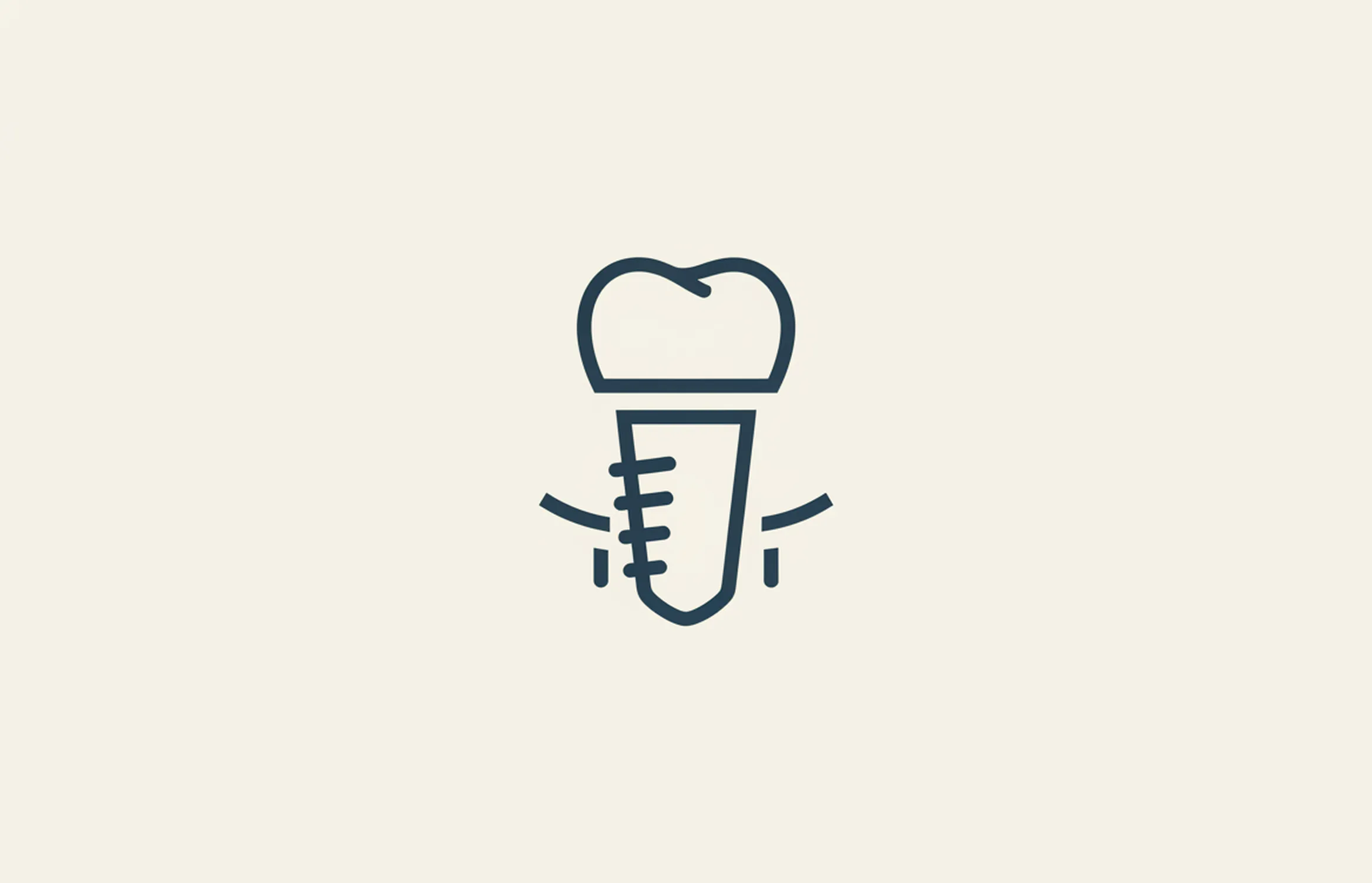
Ceramic Dental Implants
Understanding zirconia ceramic dental implants as a metal-free alternative to titanium, including benefits, longevity, biocompatibility, and clinical success rates

Clear Choice Dental Implants
Understanding Clear Choice dental implant services, the consultation and treatment process, same-day teeth options, full-arch rehabilitation, and what to expect from this specialized implant provider

Dental Bridge vs Implants
Comprehensive comparison of dental bridges and implants including costs, longevity, procedures, survival rates, and which tooth replacement option is best for your situation
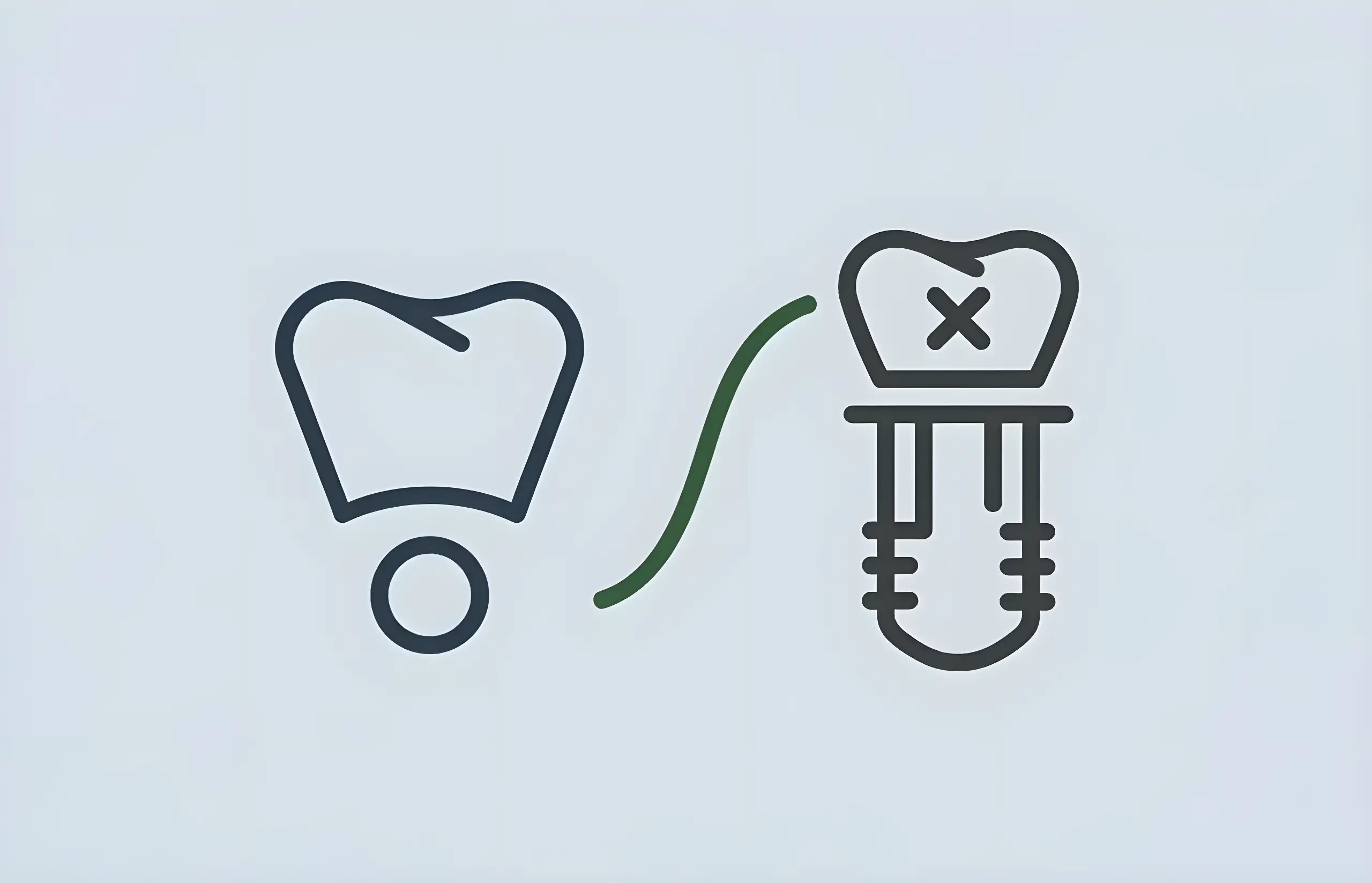
Dental Crown vs Implants
Comprehensive comparison of dental crowns and implants for damaged teeth including procedures, costs, longevity, when to save vs extract a tooth, and which option is best for your situation

Dental Implant Costs In The UK – Single Tooth and Full Mouth
Complete guide to dental implant costs, financing options, success rates, and what to expect from single tooth to full mouth implant treatments in the UK

Full Mouth Dental Implants – Costs and Information
A comprehensive guide to full mouth dental implant rehabilitation, including procedures, healing times, success rates, and UK costs
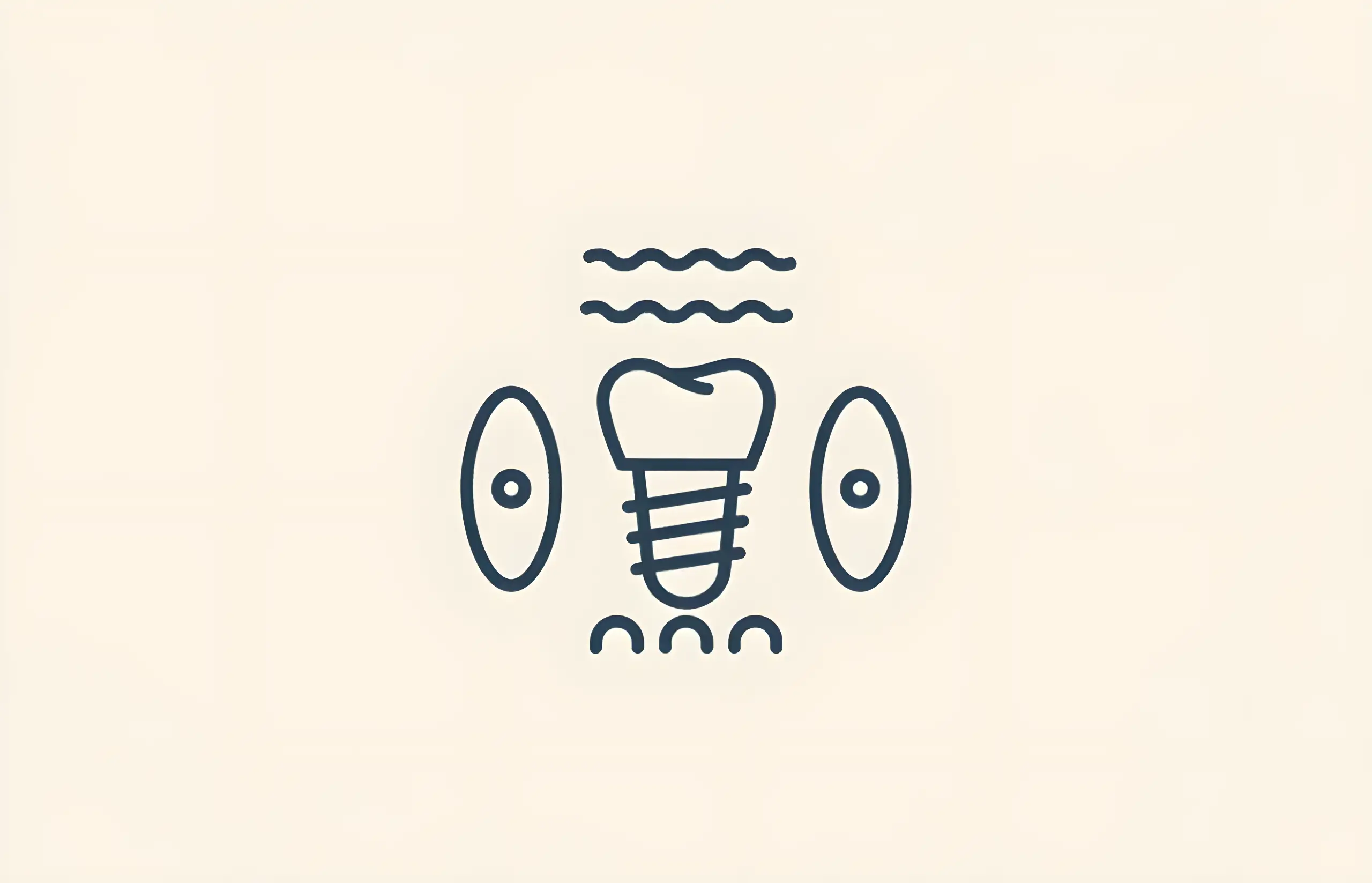
How Long Do Dental Implants Last?
Longevity and Survival Rates (96.8% at 10 Years, 94.0% at 15 Years, 78% at 20 Years)
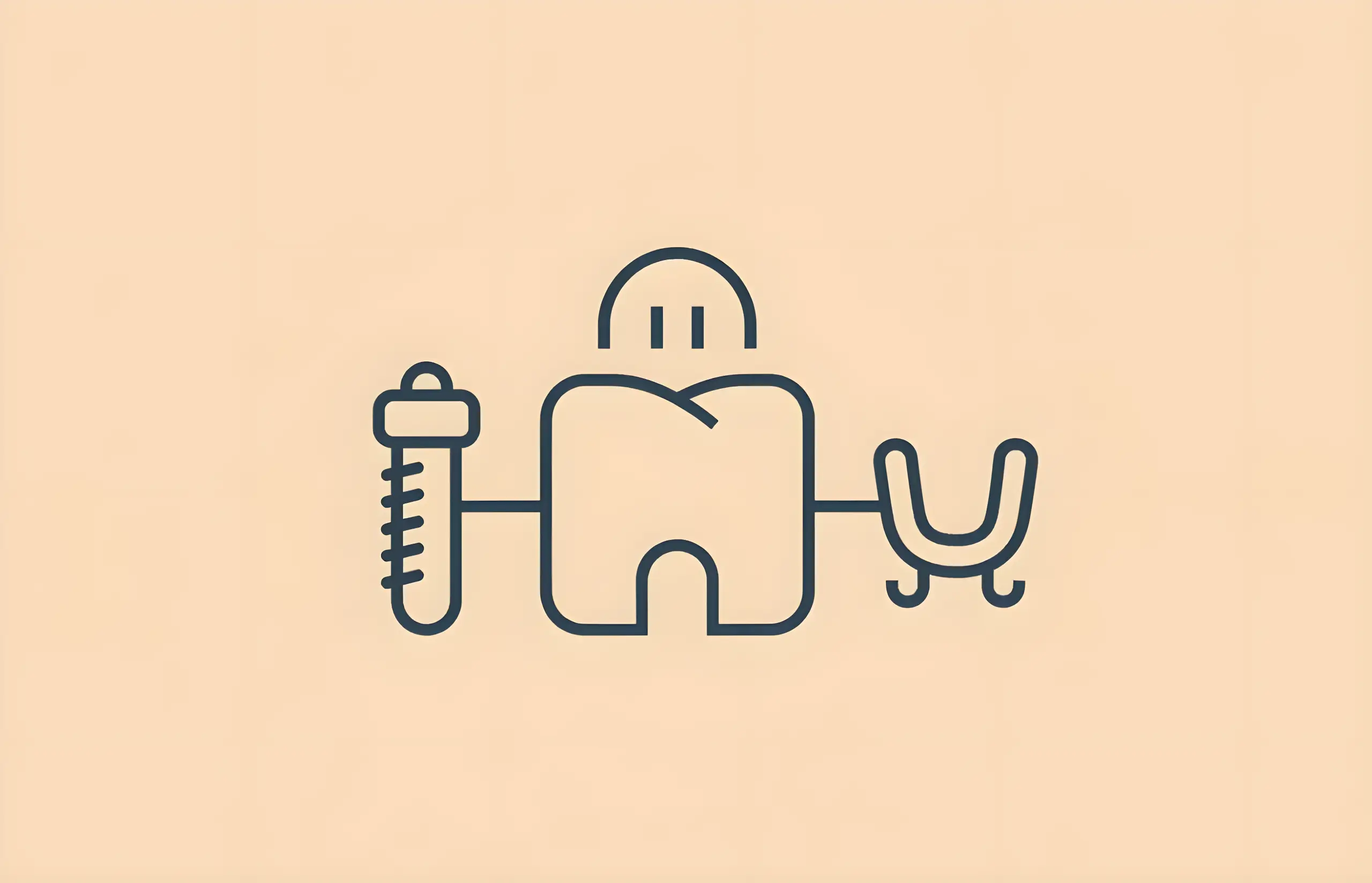
Missing Tooth Replacement Options
Compare dentures, bridges, crowns, and dental implants for replacing missing teeth including costs, benefits, and which option is best for your needs

A Guide to Mini Dental Implants
Comprehensive information about mini dental implants, including what they are, the installation process, success rates, costs, and how they compare to traditional implants

The Pros and Cons of Dental Implants
A balanced overview of the advantages and disadvantages of dental implants compared to other tooth replacement options

The Different Types of Dental Implants
Learn about the different types of dental implants including conventional implants, mini and micro implants, fixed bridges, over-dentures, temporary implants, and their costs
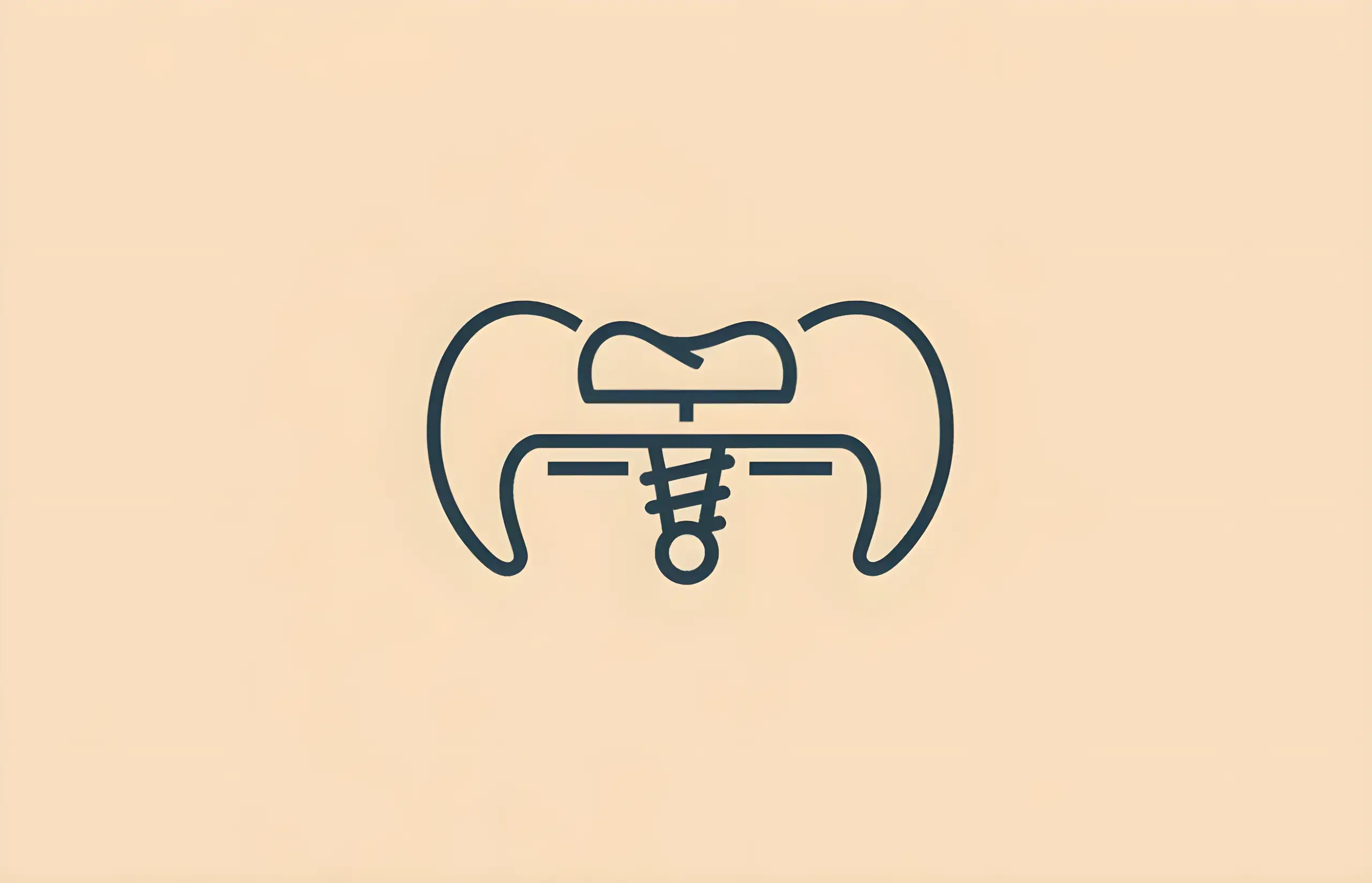
Zimmer Dental Implants
Comprehensive guide to Zimmer dental implant systems, including their tapered screw-vent technology, quality standards, and why dental professionals trust these proven implant solutions
About The Dental Guide
The Dental Guide is a trusted online resource providing evidence-based information about dental health, treatments, and procedures. Our content is created and reviewed by qualified dental professionals to help you make informed decisions about your oral health.
Our Mission
- Evidence-based dental information
- Expert-reviewed content
- Clear, accessible explanations
- Latest treatment options
- Patient-focused guidance
Editorial Standards
- GDC-registered dental professionals
- Peer-reviewed sources
- Regular content updates
- Medical accuracy verification
- Transparent authorship
Important Notice
The information on The Dental Guide is for educational purposes only and should not replace professional dental advice. Always consult with a qualified dentist for diagnosis and treatment recommendations tailored to your individual needs and circumstances.
Medically Reviewed
Reviewed by Dr. Nasim Mechoui , BDS (Bristol)
Share this article
Comments & Discussion
Have questions about dental implants? Share your thoughts or experiences.
